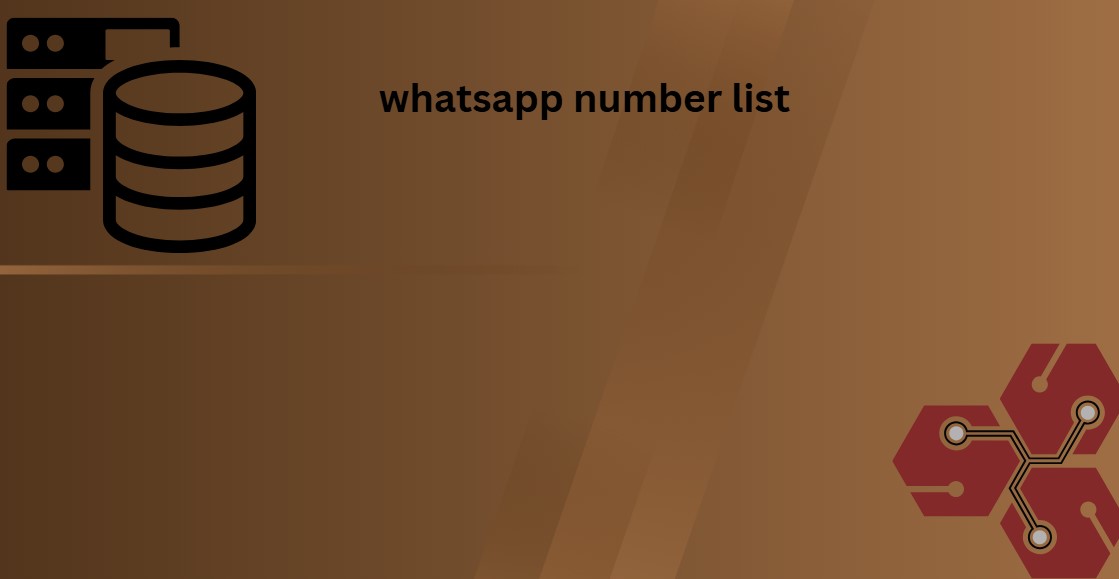Is the PODO update relevant to GDPR requirements?
Updating your personal data protection policy is, of course, extremely important for several key reasons, in particular:
Compliance: GDPR requires organizations to regularly update their data whatsapp number list processing policies to reflect applicable law. Failure to do so can result in violations of legal requirements and penalties.
Reflecting business changes: Companies often introduce changes to their data processing, such as new processing purposes, changes to technologies, processes, or organizational structure. Updating your PODO ensures your policy is current and reflects current practices.
Implementation of new requirements and guidelines: GDPR, but also guidelines from the European Data Protection Board (EDPB) and national supervisory authorities (in Poland: PUODO) may change. Updates help align policies with the latest requirements and recommendations.
Minimizing the risk of fines and sanctions: an outdated policy or the lack thereof may result in the imposition of sanctions – in the worst case, even financial penalties for GDPR violations.
How often should GDPR be updated in your organization?
Data protection policies should be updated regularly and in response to significant changes in regulations, technologies or the company's organizational structure.
Regularity of updates
It is best to perform this at least once a year to maintain compliance with applicable law and best practices.
Making changes following the introduction of new legal regulations.
Updating the policy in the event of changes in the organizational structure, business processes or technologies that may impact data protection.
Change documentation:

Maintain document versioning by recording each update with a version number and date
Create change logs that describe what was changed and why.
Informing employees and co-workers about the changes introduced, for example through training or internal communications.
Recommended practices:
Establishing a procedure for regular review of the policy, involving responsible persons, e.g. the Data Protection Officer.
Maintaining documentation in electronic form and ensuring its accessibility to persons processing personal data on a daily basis within the organisation.
In summary, updating the PODO is crucial for ensuring compliance with the GDPR, but also, above all, for ensuring an adequate level of personal data protection within the organization. The personal data protection policy should be updated at least annually and in the event of significant legal, organizational, or technological changes. Documentation of changes should be systematic and versioned, ensuring full transparency and compliance with applicable regulations.